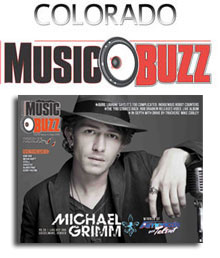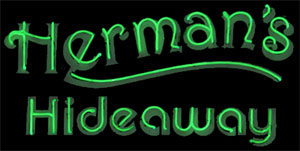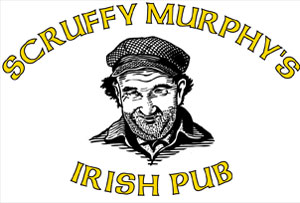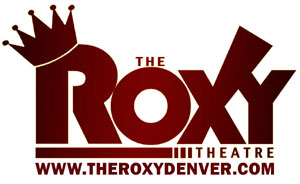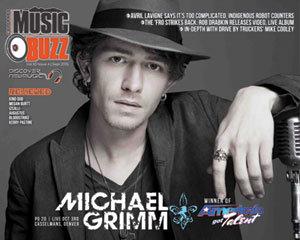Music Publishing: Here’s a Story, About a Man Named… Plumb???
by Professor Benom Plumb
Yes, it’s true. I’m related to “Jan” from The Brady Bunch. Yes, it’s also true, that I am a real professor at CU Denver, “Professor Plumb”, as in the popular board game Clue. Back in the 60’s and 70’s, my great-uncle Neely Plumb was a well-respected composer, arranger, record producer and music industry professional in L.A. He began his career at RCA Records in 1959. His daughter was Eve Plumb, the actress who played “Jan” (Marsha! Marsha! Marsha!), on that oh-so loveable, yet annoyingly strange iconic TV show, The Brady Bunch. It is also true that “Jan” is the character from the Bunch everyone loves to make fun of! Anyone remember those SNL skits??? When it comes to Uncle Neely though, he was very successful.
If you’ve ever heard of the films “The Sound of Music”, “The Good, The Bad, The Ugly”, “True Grit”, “Bye Bye Birdie”, “Romeo and Juliet” or “Taxi Driver” – Uncle Neely was either a record producer, arranger and/or composer on all of those platinum selling movie soundtrack albums. He even produced some early tracks for The Carpenters. On the A&R side, Uncle Neely was responsible for bringing Jefferson Airplane to RCA. He told my Dad the story about when he first brought Jefferson Airplane to RCA, his boss rejected the band. Bummer!!! Jefferson Airplane of course later signed with RCA and released many successful albums on the label. Oh, and he also had a hand in producing and arranging Sheb Wooley’s massive hit, “Purple People Eater”. The problem is that he didn’t partake in any royalties on that massive hit – no music publishing income, no record producer royalties. But more on Uncle Neely in a moment…
What is music publishing? Music publishing is the copyright ownership, management, licensing and royalty collection of songs. The music and lyrics that is, the underlying composition in a sound recording. The song always comes first. A recording artist always performs a song, but they don’t always write the song. On the flip side, a songwriter always writes a song, but they don’t always perform the song. Imagine Gershwin’s “Rhapsody in Blue” or Beethoveen’s “Symphony No. 5”. Those prolific composers wrote the music and then the musicians brought the music to life in their performances. Of course, it is possible to be both the songwriter and the recording artist. This is how we think of most “artists” today. When it comes to the flow of money, however, you have to think of the “song” and “recording” separately. There are always two rights involved: rights to the song itself – that’s the music publishing side. Who wrote the chord changes, the melody, the lyrics and sometimes, arranged the structure of the song? Then there are the rights to the sound recording of that song (often called the “master recording”). Who performed and produced the recording of the song? We’d all agree there’s a big difference in writing out the melody to “Rhapsody In Blue” on sheet music versus listening to the recording of a professional orchestra performing “Rhapsody In Blue”. That’s the song v. the recording of the song.
So what about Uncle Neely’s situation with Sheb Wooley’s “Purple People Eater”? Sheb Wooley originally wrote the song, but it needed some additional work from its raw form. It was a common practice to have some sharp record producer guys come in and re-work a song without credit, which often would have included music publishing and record producer royalties. Back in the day, if you were the record producer on salary at a large record company like RCA (yes, they used to do that) – and they need your help to finish a song – that’s just how it goes. It was your job. The funny (and sad) part of this story is that Uncle Neely had the option to be cut in on the record and publishing royalties, but he thought “Purple People Eater” was such an utterly stupid song that he waived his rights to these royalties. Uncle Neely told my Dad he thought the song was so dumb it wouldn’t ever make a dime. After the success of “Purple People Eater”, Uncle Neely never waived his publishing or producer royalties again.
So here’s the rub: No matter how terrible or dumb you think a song is, don’t ignore the possible income streams due to you. You just never know if or when a song is going to hit. Music publishing has sometimes been referred to as the “real estate of the music business”. In my humble, yet experienced opinion, I find that to be true. You write a hit song today and in 30+ years, long after your prime and live performing years are over – you still get a check for music publishing income. This is why Michael Jackson purchased some of The Beatles music publishing catalog as a financial investment many years ago. And if other artists “cover” your song, then you enjoy the income from their versions of your song. But that’s just being lazy and letting the song do all the work for you. I kid. A great song can really mean a lifetime of income. For example, the I Love Lucy theme song still earns six-figures a year in music publishing income. Wouldn’t that be nice? We will always need great performers and well-produced recordings for songs to reach their fullest potential. But without songs there is no music, and without music publishing, there is no music business.
Benom Plumb is Assistant Professor at The University of Colorado Denver’s Music and Entertainment Industry Studies Program. He also offers independent music business consultancy services. He can be reached at benom.plumb@ucdenver.edu.
Uncle Neely with my grandmother, “Nanny”, circa 1950’s in Sherman Oaks, CA.
Category: Shop Talk
